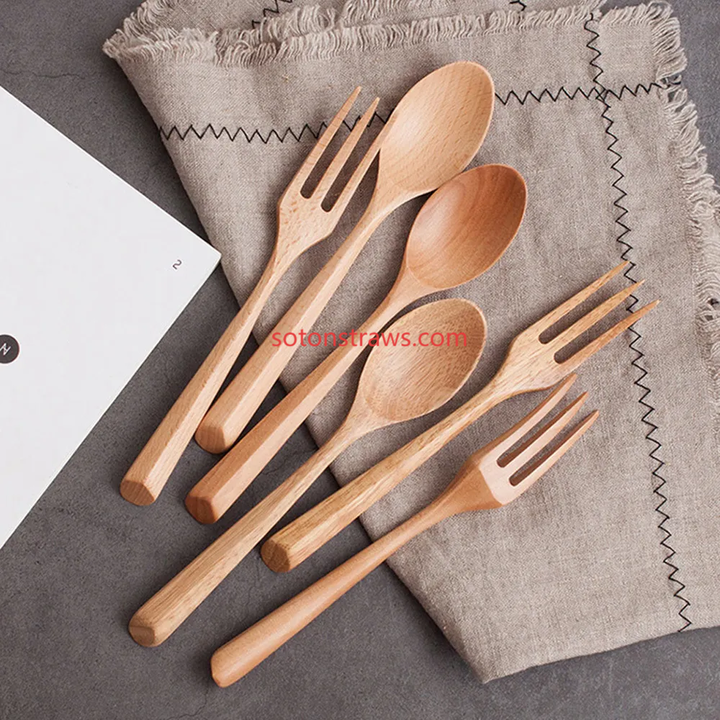The Everyday Guide to Soton's Eco-Friendly Cutlery Solutions
In the quest to reduce plastic waste, many consumers and businesses are actively seeking alternatives for their dining needs. This has led to a surge in popularity for various sustainable options, with a prominent spot being held by eco-friendly cutlery . These products are designed to offer functionality without the long-term environmental damage associated with conventional plastics. However, navigating this market can be confusing, with claims and counterclaims about what truly constitutes a sustainable choice. The core of the matter lies in understanding the practical realities of use, disposal, and the manufacturing ethos behind the products we choose. This understanding is key to making decisions that have a meaningful positive impact.
A significant part of the discussion involves the perceived simplicity of compostable single-use items. While they offer undeniable convenience and eliminate the need for washing, their environmental promise is only fulfilled under perfect conditions. These items need to reach a commercial composting facility, which are not available in all towns and cities. When tossed into a recycling bin, they can contaminate other materials, and in a regular trash can, they might not decompose any better than traditional plastics. This creates a significant gap between theory and practice, suggesting that for many, the compostable option might not be living up to its green potential in their specific location.
Conversely, the act of washing a reusable item is where its environmental impact is primarily accumulated. The efficiency of this process varies dramatically from household to household. The type of detergent, the temperature of the water, and the method of washing all play a role. This variability means that the ecological footprint of a reusable spoon is not a fixed number but a range. For a community with plentiful water resources but dirty energy, the calculation differs from a place with water scarcity but clean energy. Therefore, the best practice is to adopt efficient washing habits, like running full dishwasher loads and using biodegradable soaps, to ensure reusables live up to their green reputation.
The conversation is evolving from merely comparing products to evaluating systems and principles. It is about supporting a movement towards transparency and life-cycle responsibility. The most forward-thinking manufacturers are not just selling a utensil; they are offering a part of a system designed for minimal environmental harm from cradle to grave. This involves selecting low-impact raw materials, optimizing manufacturing to reduce emissions, and ensuring products are either incredibly durable for reuse or truly biodegradable in accessible systems. This systemic thinking is what will define the next generation of sustainable consumer goods.
Ultimately, the choice is deeply personal and contextual. There is no one-size-fits-all answer. For a large event with uncertain waste streams, a certified compostable option might be preferable. For daily use in a home or office, investing in well-made reusables that are washed conscientiously is likely the superior path. The most important step is to move away from automatic pilot and make a conscious decision based on your circumstances, always striving for improvement rather than perfection.
This is where the role of a committed manufacturer becomes invaluable. At Soton, we understand these complexities and are dedicated to providing solutions that are both practical and principled. Our focus is on engineering high-performance eco-friendly cutlery that stands up to real-world use, whether designed for multiple washes or for responsible disposal. We prioritize innovation in our factory processes to minimize our carbon footprint and ensure every product we make represents a step towards a more sustainable future. By choosing Soton, you are aligning with a partner dedicated to genuine environmental progress, not just trends. Discover the difference that intentional design and manufacturing can make.Click https://www.sotonstraws.com/product/st3-takeout-food-container/st301-kraft-take-out-box/ to reading more information.
